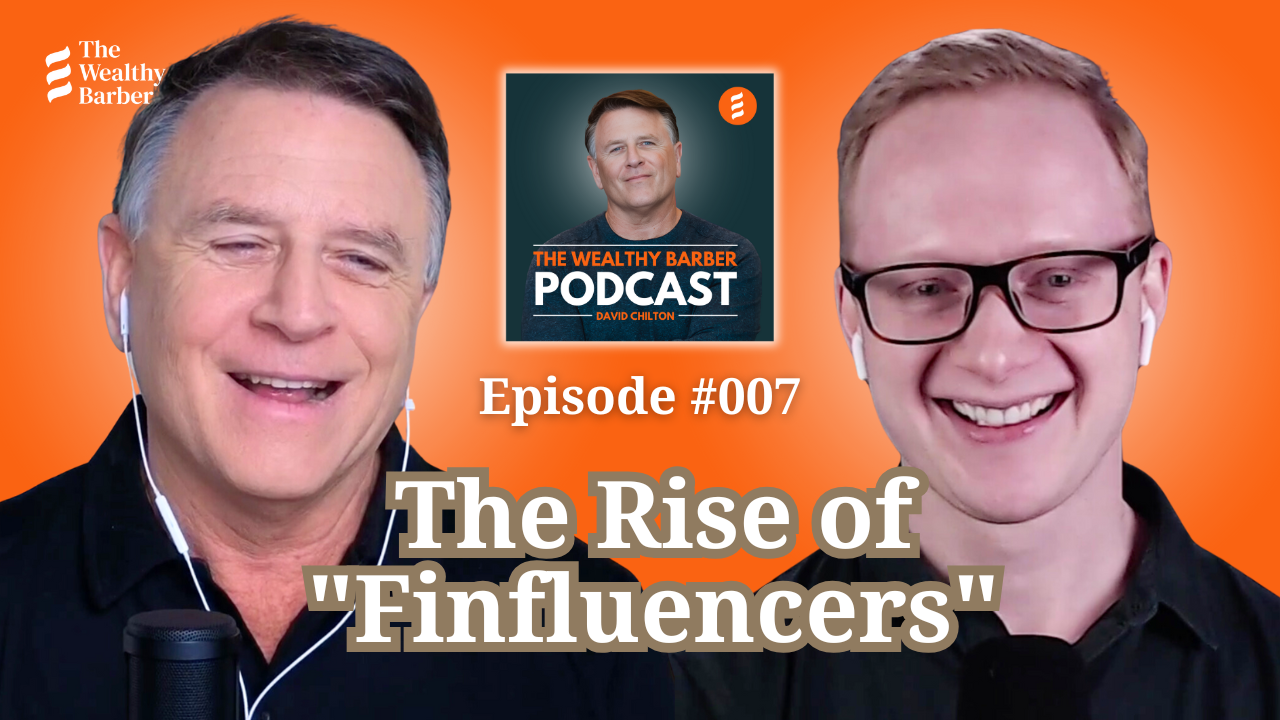Confirmation Bias: Be Careful When Investing
Watch out for confirmation bias when investing. Our latest podcast guest Richard Coffin ( @ThePlainBagel ) provides some great strategies for how you can mitigate the negative impacts of confirmation bias when investing.
Back to behavioural finance. You know, the one that makes me most shocked as I get older and older and older of all the biases is still confirmation bias. Because even those of us who understand it completely can’t stop doing it. I’m as bad on the confirmation bias front as all the people around me who don’t even understand the concept. It’s so strong. How do you think it impacts people’s finances? Where should they be watching out for it?
Well, you know, I, I think it kind of ties into our discussion around finfluencers too is, is one challenge we face, especially today is that social media is actually geared to, to reinforce confirmation bias where it actually puts you in an echo chamber, right? Where, uh, the type of, if you say, let’s just take you like a given stock, um, then the content you see on YouTube is more likely to be a positive, a positive thesis on that company because you’re more likely to watch that and enjoy it.
Whereas a negative video, you might just subconsciously click away or not just decide to look cause you don’t want to have a bad day. Um, so, you know, on the one hand you face that challenge there. Uh, but yeah, to your point, even knowing about biases doesn’t inherently make you immune to them. And I think that’s a tricky thing with these biases. And I think what it does is it, it requires you to find external ways to mitigate or you have to explore ways to mitigate your biases. So with confirmation bias, it can be discussing it with others and, there are other things like, uh, um, explicit with investing there’s diversifying and, and, trying to offload as much as you can. If you are someone who struggles with money management, or investment research or confirmation bias, uh, maybe it’s, it’s, it’s finding a way to, again, it’s leaning on what you can to, to take as much out of your hand as you can, recognizing that you might not process things as effectively as you should.
Um, and that’s kind of the, the tricky thing with these biases is, uh, I think recognizing it is great. It’s, it’s kind of the first step to recovery, I guess. Uh, but it’s, it’s not always enough, um, to, to just know that that thing exists.
That honestly, that was a great answer. Considering that we don’t give you the questions ahead of time. That was really a good answer because you hit on a lot of key themes there. It’s one of the big advantages of diversification that’s not discussed enough is it forces you to not let your confirmation bias take you too far. We can all fall in love with an opportunity and convince ourselves this is one we should be betting much more on than we normally would. And it’s funny with confirmation bias. I think I’ve helped a ton of friends deal with theirs by playing the devil’s advocate. I tend to think about what can go wrong effectively because I’ve been entrepreneurial all my life. And when you’re an entrepreneur or you learn that what can go wrong often does, but with my own confirmation bias, when it comes to investing, I’m not as good. And so your advice to seek counsel, make sure you talk it through. Frankly, even if they’re not giving you great advice, just talking, it makes you think differently about it voicing all of those types of things. That’s great. The diversification. Honestly, that was a great response. That will be one of the video clips. I can assure you.
Oh, I’m honored.
Feel Confident About Your Finances
Sign up for our Weekly Round-Up of new videos and podcasts released over the past seven days. We won’t spam you or try to sell you a course—promise!




